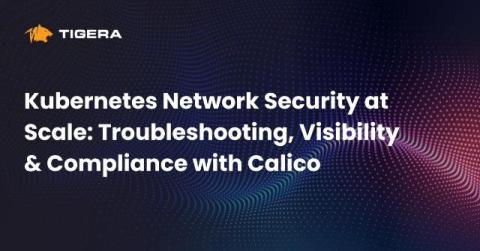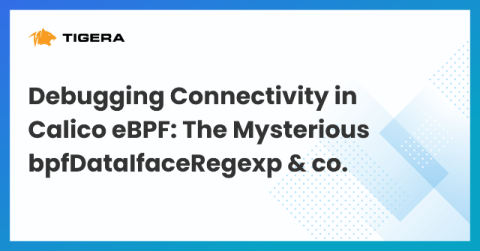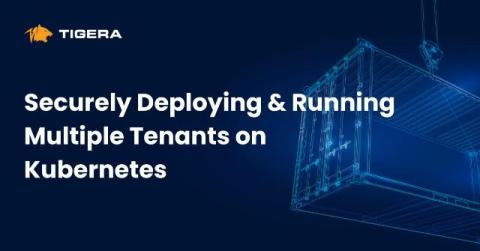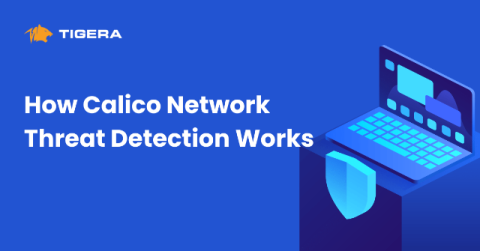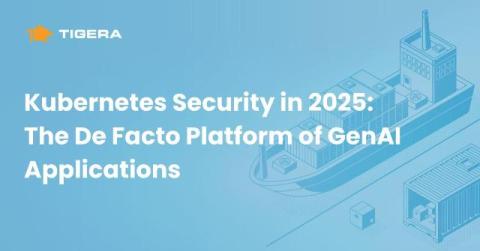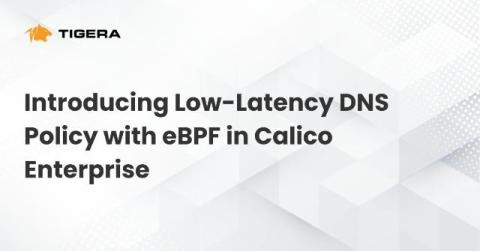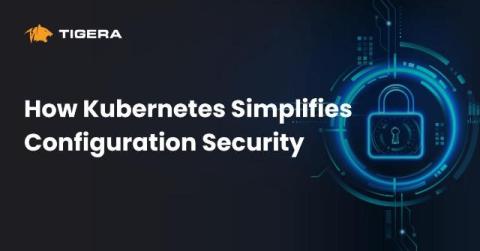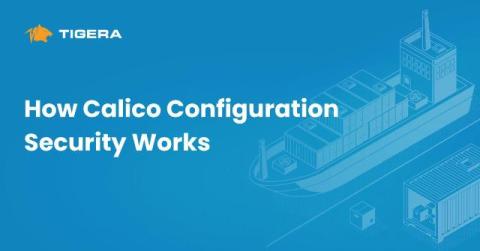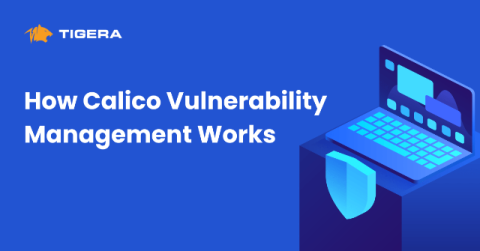Kubernetes Network Security at Scale: Troubleshooting, Visibility & Compliance with Calico
Kubernetes adoption continues to grow as enterprises increasingly rely on containerized environments to deploy and scale their application. However, the complexity of the Kubernetes environment has evolved dramatically. It ranges from single-cluster setups of workloads to multi-cluster environments spanning hybrid and multi-cloud infrastructure. Kubernetes deployments are now characterized by their scale and diversity.


